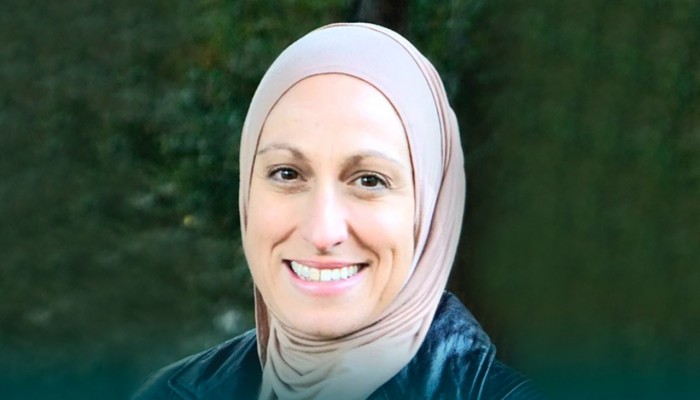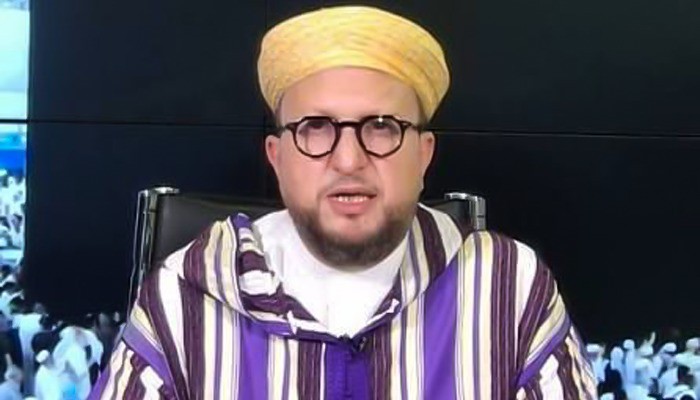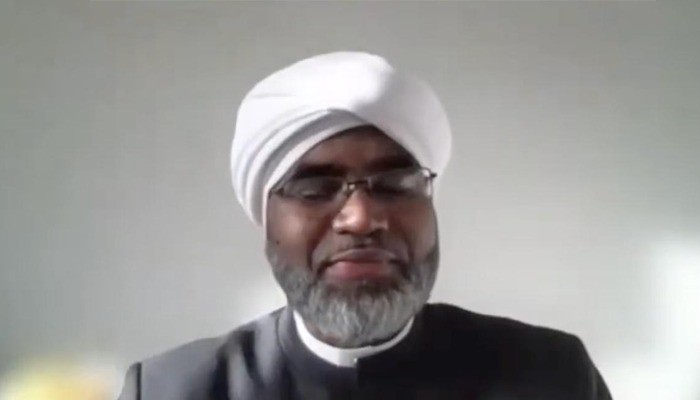
Dr. Celene Ibrahim: I Struggled First Time I Fasted Ramadan
- 2022-Apr-14
Among the daily Ramadan episodes of the "Achievers and Contributors" serie, The World Muslim Communities Council organized, on Tuesday, April 13, 2022, a lecture, during which Dr. Celene Ibrahim, author of "Women and Gender in the Qur'an", published by Oxford University Press, spoke via the Council's social media pages.
Dr. Celene Ibrahim said that the Holy Qur'an mentioned the names of many female personalities, such as Mrs. Mariam and the Queen of Sheba.
The author of "Women and Gender in the Qur'an" added that she grew up in a Christian family until Islam and its principles drew her attention, which are very similar to the principles found in Christianity, then she began to take an interest in the Qur'an and converted to Islam.
Dr. Celene explained that fasting Ramadan was difficult at first, and she even felt as if she was going to die, so she decided to fast gradually as children do, asking new Muslims to do so in order to adapt to fasting.
She said that she got acquainted with the customs of Muslims from her fellow students at school, noting that the Holy Qur'an spoke in Surat Al-Ahzab about equality between men and women, non-discrimination between people, and that everyone is equal before Allah Almighty.
It is noteworthy that The World Muslim Communities Council is an international non-governmental organization, headquartered in the UAE capital Abu Dhabi. It is considered a think tank to rationalize organizations and societies working in Muslim societies, renew their thinking and improve their performance in order to achieve one goal; The integration of Muslim societies in their countries, in a way that their members realize the perfection of citizenship and complete affiliation with the Islamic religion. The council seeks, through holding dozens of virtual conferences, seminars and activities, to localize the concepts of religious, ethnic and cultural pluralism, in a manner that preserves human dignity and respect for his beliefs, and establishes the values of moderation, dialogue, tolerance and belonging to the homelands.







